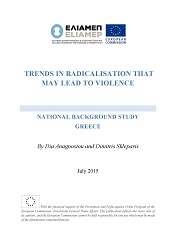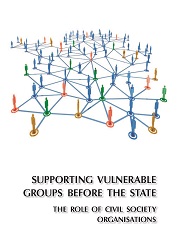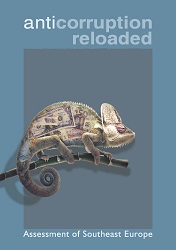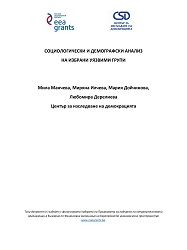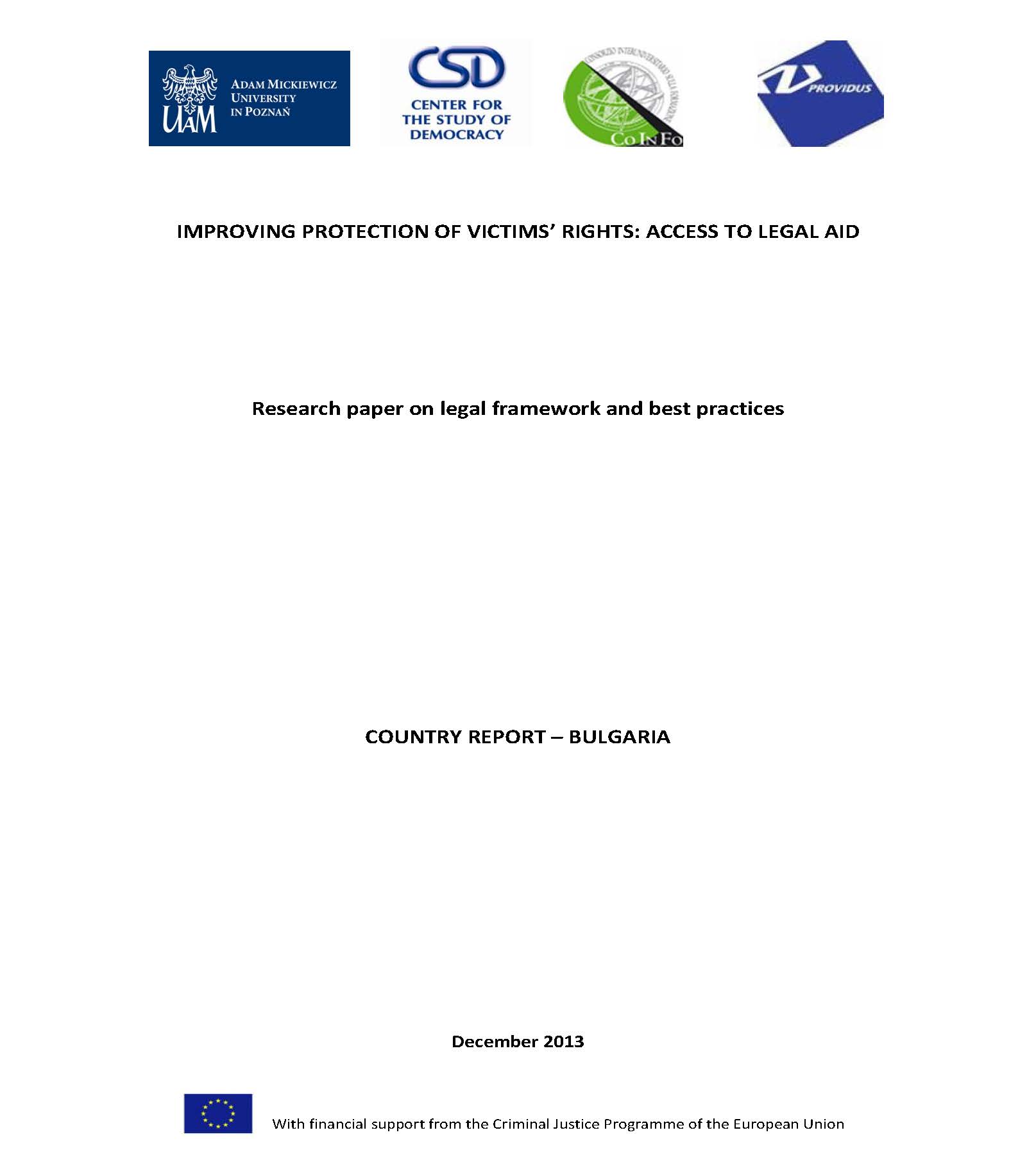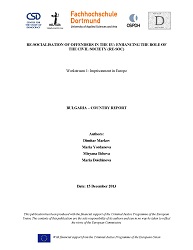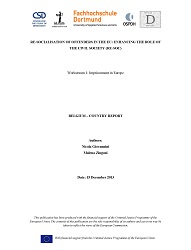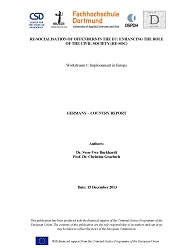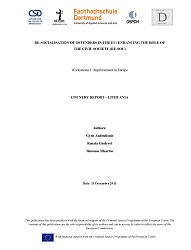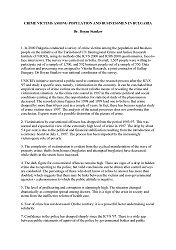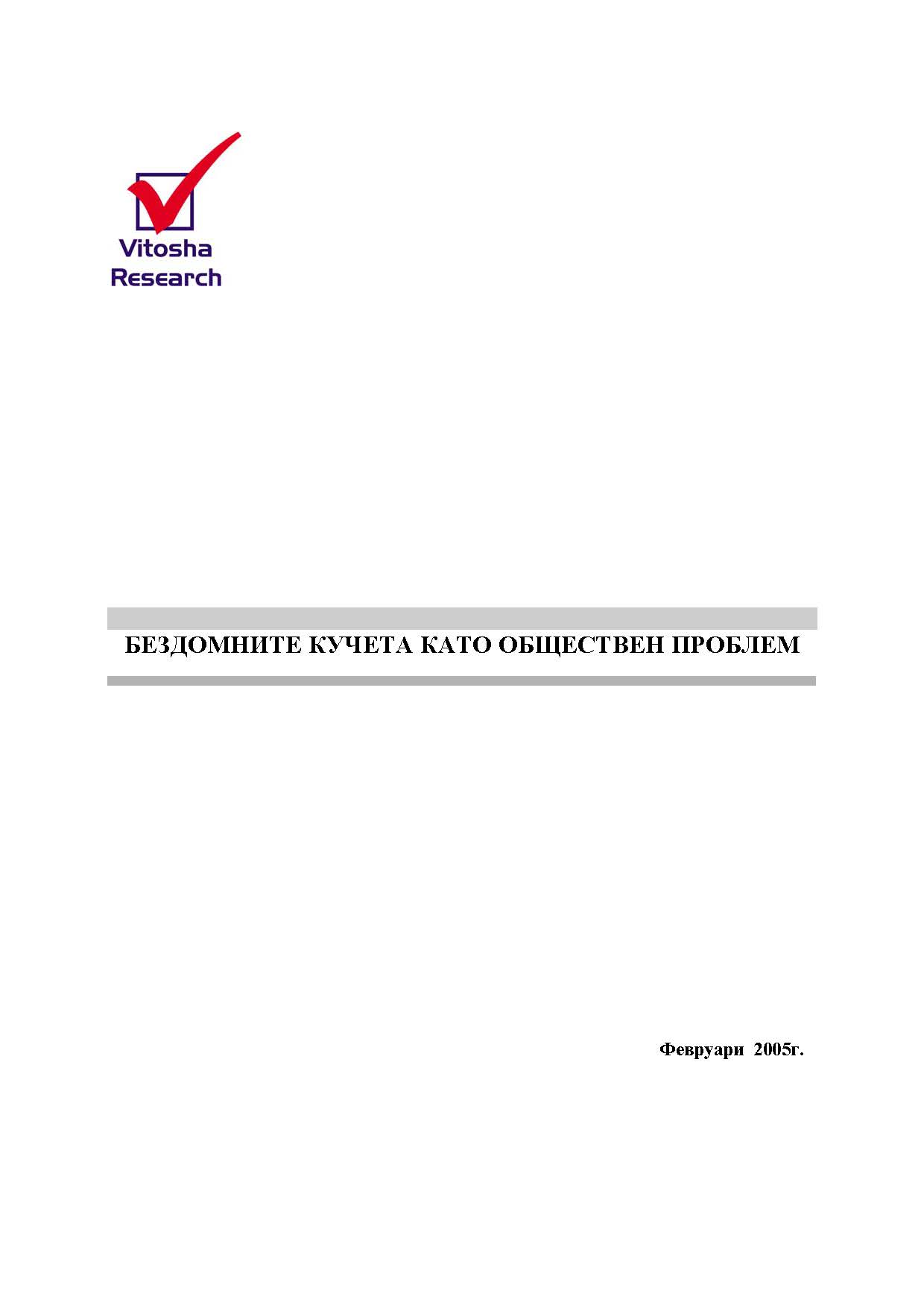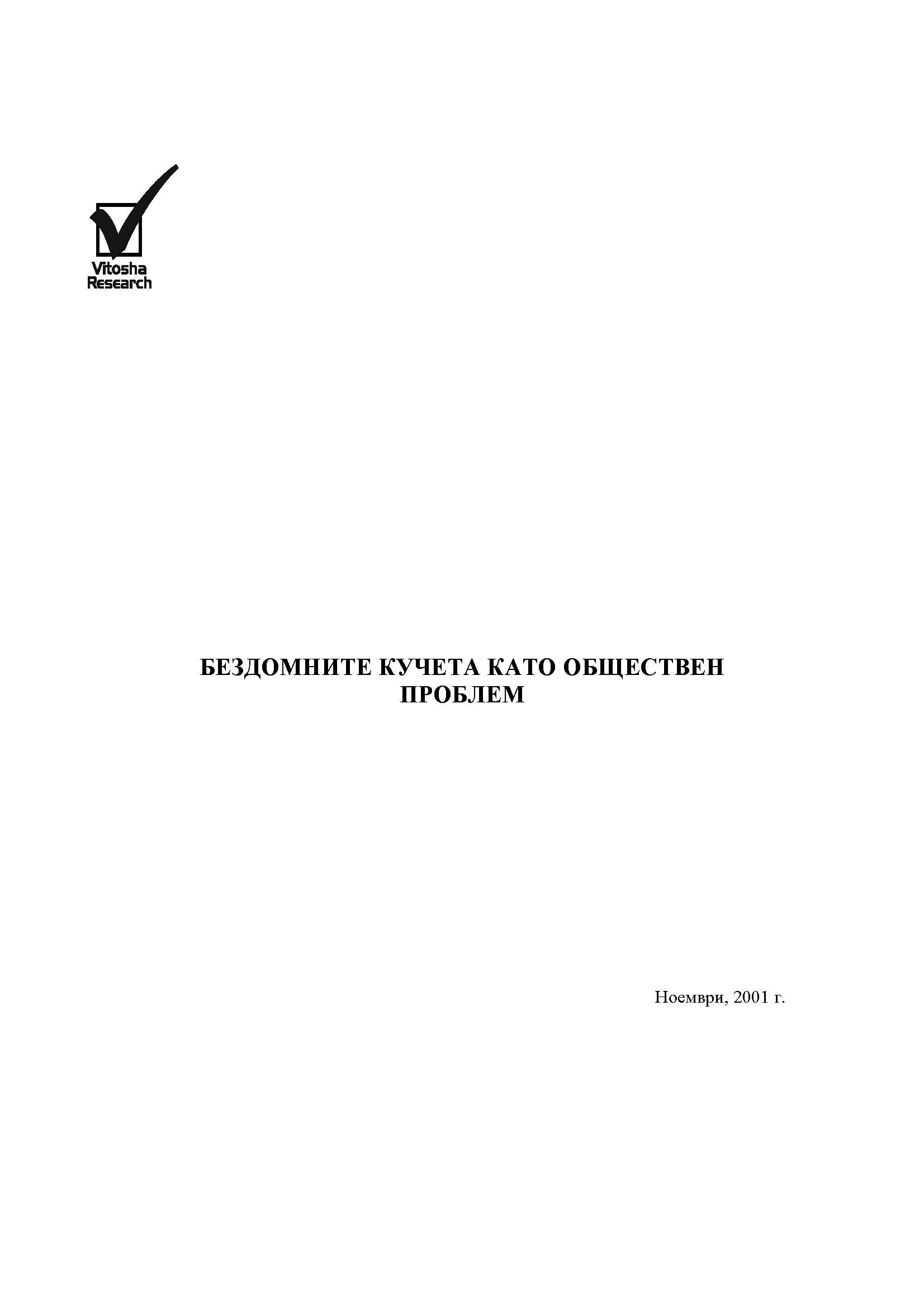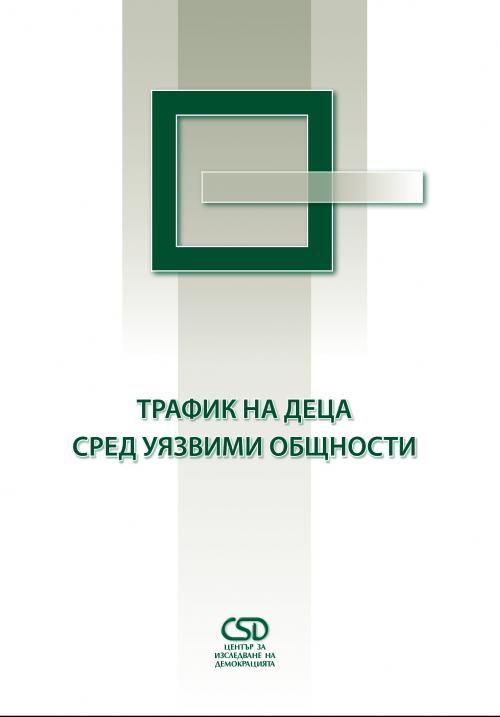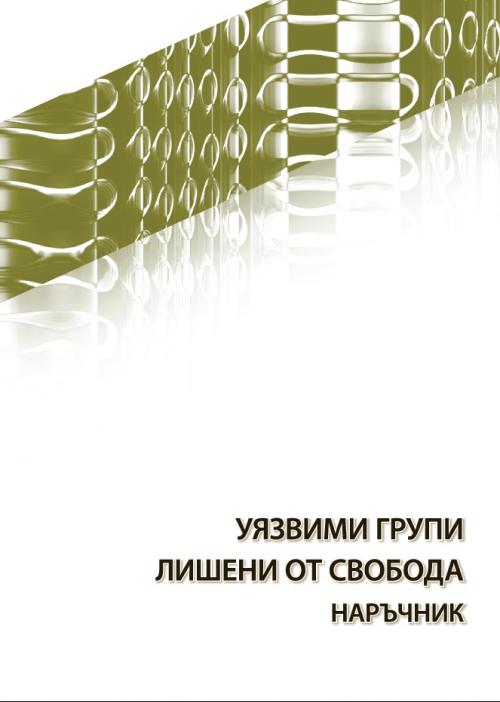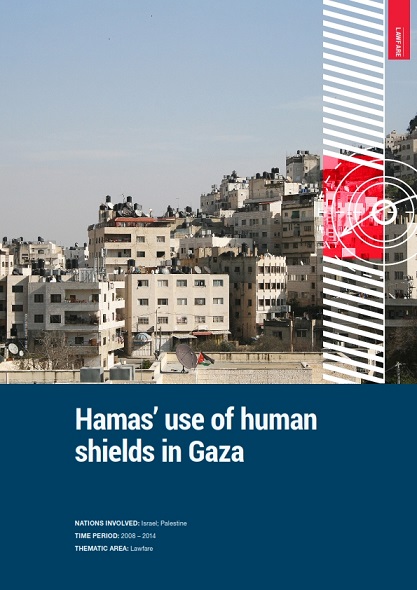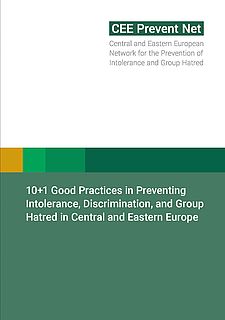Author(s): Mia Božić Mihanović,Matea Anić,Milena Čalić-Jelić,Ana Šeničnjak,Natalija Havelka,Reena Nair,Đino Đivanović,Miren Špek,Veselinka Kastratović / Language(s): Croatian
Documenta – Centar za suočavanje s prošlošću, Centar za mir, nenasilje i ljudska prava iz Osijeka, Bijeli krug Hrvatske iz Splita i Udruga za podršku žrtvama i svjedocima iz Vukovara od 1. siječnja 2017. provode projekt pod nazivom Prava, podrška, zaštita i kompenzacija žrtava kaznenih djela u svrhu doprinosa implementaciji Direktive 2012/29/EU o minimalnim standardima prava, podrške i zaštite žrtava kaznenih djela i Direktive 2004/80/EC o kompenzaciji žrtava kaznenih djela. Kroz razgovore i susrete sa žrtvama ratnih zločina, zločina iz mržnje, obiteljskog nasilja, diskriminacije uvidjeli smo da još uvijek postoji velik broj žrtava koje su nedovoljno informirane o svojim pravima te da se u praksi sustav besplatne pravne pomoći (BPP) pokazao kao nedjelotvoran, zbog nedovoljne potpore države programima BPP, te stoga i neodrživosti postojećih mehanizama kroz organizacije civilnog društva (OCD) te nevoljkosti odvjetnika da se prihvate kompliciranijih predmeta zbog umanjenih tarifa za svoj rad. U raskoraku između važećih normi i stvarne potrebe za zaštitom ljudskih prava prečesto stradaju stvarni, živi ljudi, žrtve povreda ljudskih prava. Vremenski period obuhvaćen ovim izvještajem, 2017. i prva polovina 2018. godine, obilježilo je poboljšanje pravnog okvira zaštite žrtava kroz ratifikaciju Istanbulske konvencije, punu implementaciju Direktive 2012/29/EU izmjenama Zakona o kaznenom postupku i donošenje novog Zakona o zaštiti od nasilja u obitelji. Važan izvor smjernica za bolju primjenu zaštite konvencijskih prava žrtava nacionalnim tijelima dale su presude Europskog suda za ljudska prava u predmetima protiv Republike Hrvatske. Početkom 2018. započeo je program podržan od Ministarstva pravosuđa razvijanja i širenja mreže podrške žrtvama kaznenog postupka kroz suradnju i jačanje kapaciteta organizacija civilnog društva.
More...


